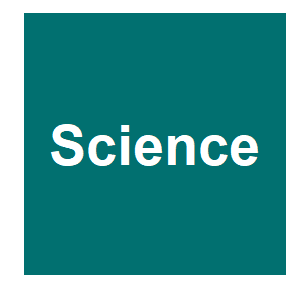Widespread haploid-biased gene expression enables sperm-level natural selection

|
K. Bhutani, K. Stansifer, S. Ticau, L. Bojic, A.-C. Villani, J. Slisz, C. M. Cremers, C. Roy, J. Donovan, B. Fiske and R. C. Friedman,
Science,
eabb1723.
2021.

Sperm are haploid, but must be functionally equivalent to distribute alleles equally among progeny. Accordingly, gene products are shared through spermatid cytoplasmic bridges which erase phenotypic differences between individual haploid sperm. Here, we show that a large class of mammalian genes are not completely shared across these bridges. We term these genes “genoinformative markers” (GIMs) and show that a subset can act as selfish genetic elements that spread alleles unevenly through murine, bovine, and human populations. We identify evolutionary pressure to avoid conflict between sperm and somatic function as GIMs are enriched for testis-specific gene expression, paralogs, and isoforms. Therefore, GIMs and sperm-level natural selection may help explain why testis gene expression patterns are an outlier relative to all other tissues. More related to this: Drive and sperm: The evolution and genetics of male meiotic drive
|



